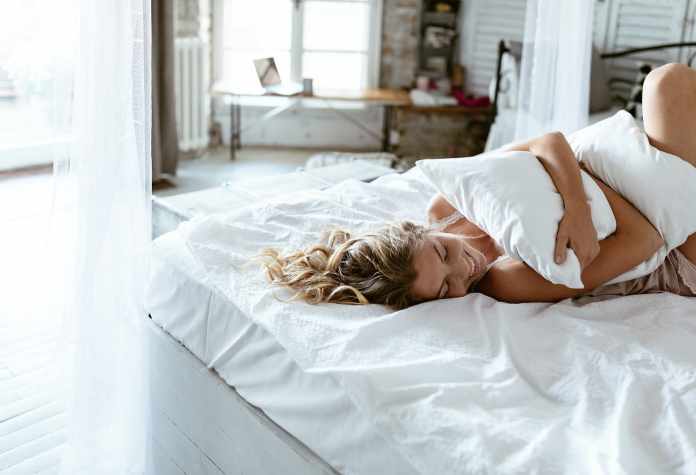
As the stress of the coronavirus pandemic continues, many of us are experiencing greater levels of anxiety, whether this is health-related, due to job uncertainty, or just part of the adjustment to this ‘new normal’ we have found ourselves in. Even if you usually don’t suffer from anxiety, the lockdown has led many to suffer lack of sleep, unable to concentrate, or experiencing higher levels of stress than normal. This discomfort is hard to relax from with the limited social opportunities and hobbies that come with the lockdown. If you’re having trouble switching off during this stressful time, you’re not alone, and it might be time to start practising self care.
Tip 1: Breathe
Firstly, remember that it’s normal to be feeling this way and that sometimes slowing your breathing can slow down anxious thoughts. Taking time to deep breathe before stressful situations can allow you to have some valuable time to assess your thoughts and feelings. Social media, though with its upsides, can also pressurise personal productivity, especially during these times, with Instagram stories full of running maps and self-starter initiatives. Along with the abundance of time at home that we are all experiencing, it is important to alter your own perception of productivity. Guided meditation through apps such as Headspace or Calm can allow for self-reflection which creates a balance for more productive working, without this pressure. You could also buy CBD oil as it is considered a natural and effective remedy alongside meditation. Cannabidiol (CBD) is a non-psychoactive and non-addictive component found in cannabis plants and this is used therapeutically as it calms and quiets the mind. This can help you concentrate and maintain focus, having a similar effect to meditation by relieving anxious feelings. You can choose between different products like CBD vape oil for your vape pen, capsules, edibles, drinks, and many others.
Tip 2: Get moving!
More than ever now is a time to get your body moving. Now, this doesn’t have to be running a marathon in your back garden or climbing your stairs until it matches the height of Everest, as others have done to raise money. Simply getting out for a walk in the evening or having a dance in the kitchen while you make dinner will do! The important thing is practising self care to get the blood pumping, as exercise is a known mood booster, increasing serotonin production in the brain (the neurotransmitter that gives us that happy feeling). If cardio isn’t your thing, why not try yoga or pilates? Many teachers are holding Zoom lessons so you can get the feel of a class without breaking lockdown rules. Alternatively, Yoga with Adrienne on YouTube is a fabulous free resource!
Tip 3: Have good sleep hygiene
One of the main widespread effects of lockdown is lack of sleep, and it is important to build a good bedtime routine to avoid this. Most adults need between 6 and 9 hours of sleep, so you can work out when you need to fall asleep by counting backwards from the time you have to be up. Though if you have a good routine and are still waking up feeling groggy, you are not alone. Whilst this has led many to resort to sleeping tablets, these often come with a long list of uncomfortable side effects.
Therefore, try to create a relaxing routine before going to bed. Winding down is important before bed, and sticking on your favourite TV show or reading a book allows your brain to relax without distractions (so turn that phone off!). Limiting social media and reading the news before bed will also bring some relief. You can also try out the benefits of soaking in warm water as it is proven to relax the body and reduce tension and stress for a restful sleep. Add a bath bomb or a few drops of lavender essential oil for an ultimate relaxing experience.
Doing these three things and practising self care will have a cumulative effect, taking care of your body alongside your mental health. Regularity is your best friend when it comes to self-care and getting enough sleep, exercise, and relaxation will help make the anxiety of lockdown more manageable. Also, stay in touch with your loved ones. After all, having a chat with someone else about your worries no matter how small can help you feel supported and less isolated. It is a good time to put these positive behaviours in place, and they can not only get us through lockdown but life in general.
If you need help urgently, medical assistance is available in the UK by calling NHS 111, or 999 for a medical emergency.